I've just implemented SceneDelegate to my old iOS project which has two storyboards - iPhone.storyboard and iPad.storyboard.
There are both AppDelegate.swift and SceneDelegate.swift files without specific codes - just empty delegate methods.
The problem is that I have to change the storyboard name whenever I run with different device types - iPhone or iPad. My questions is how I can set multiple storyboard names to Application Scene Manifest section of info.plist file. It obviously runs with iPad.Storyboard file when I run with iPhone simulator for now.
P.S. I've already set Main storyboard file base name and Main storyboard file base name (iPad) values with iPhone and iPad.

